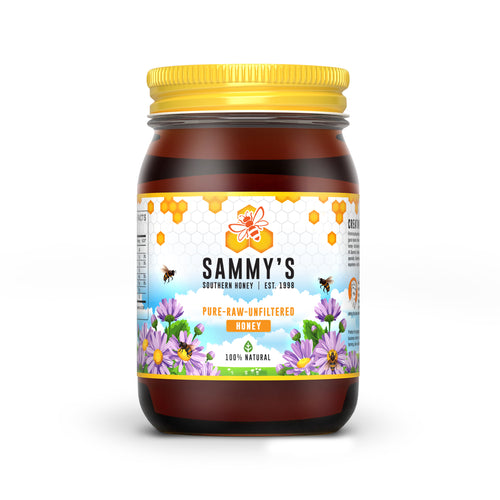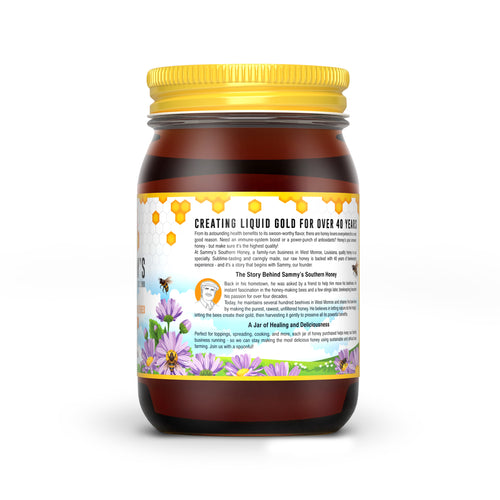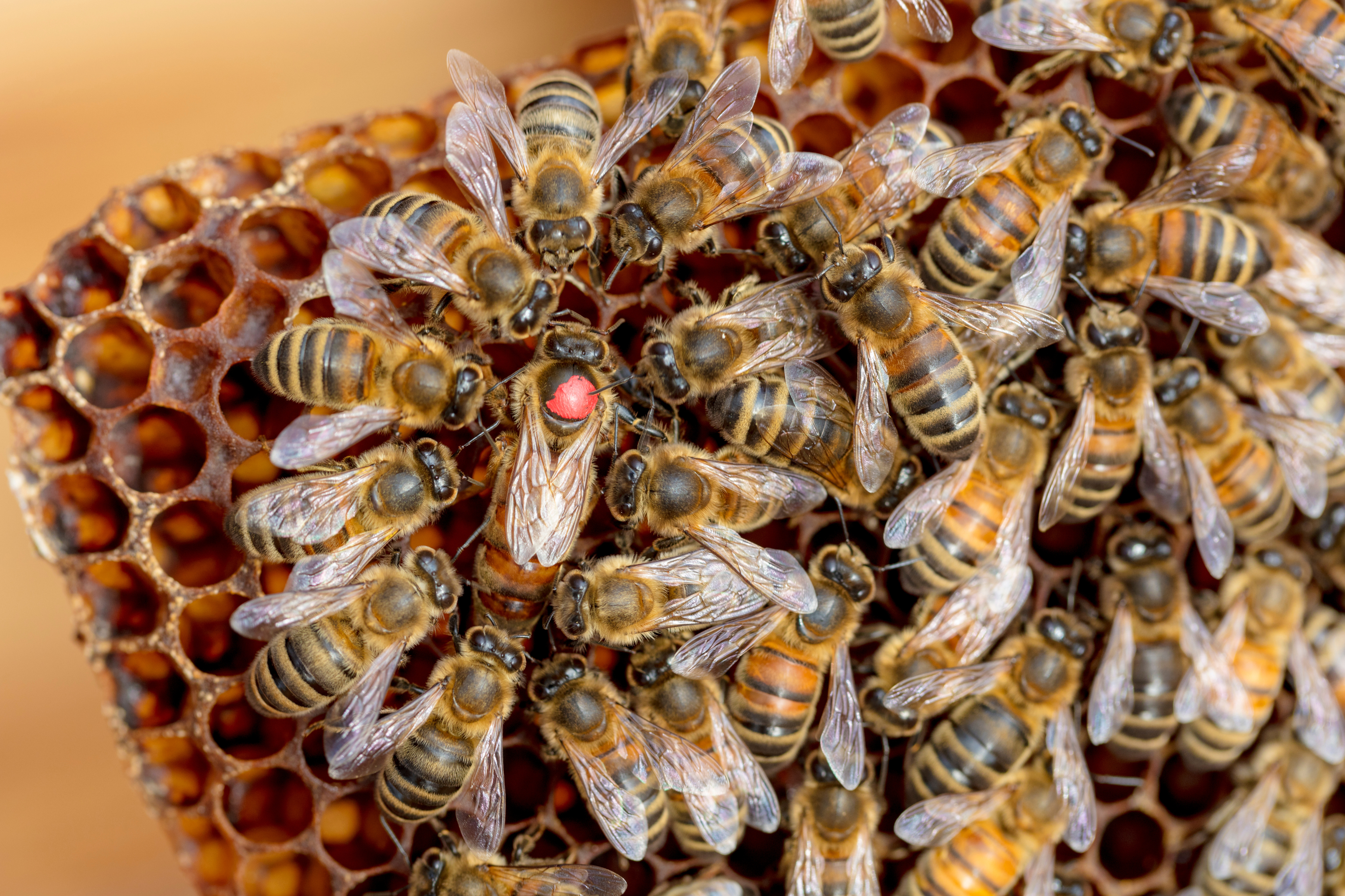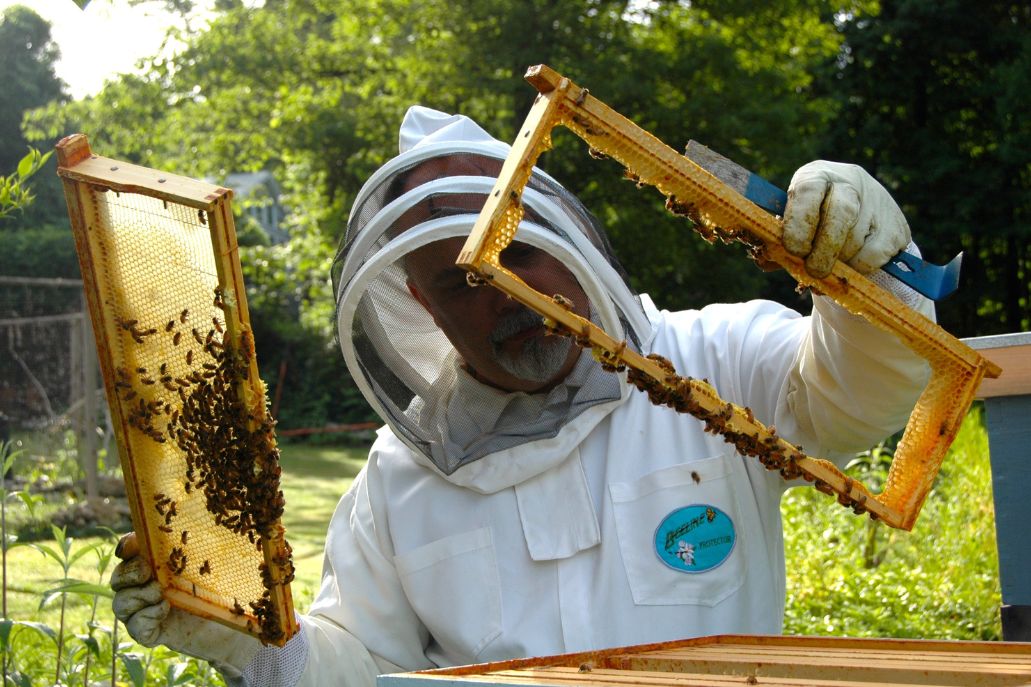If you’ve ever heard about bees mysteriously vanishing and leaving behind a perfectly good hive, you’ve probably heard of Colony Collapse Disorder (CCD). It sounds like something out of a sci-fi film—but it’s very real and deeply concerning for both beekeepers and food growers around the world.
What is Colony Collapse Disorder?
Colony Collapse Disorder is a phenomenon where the majority of worker bees in a colony disappear. They leave behind the queen, plenty of food, and a few nurse bees, but without the workers, the hive can’t survive. The result? The whole colony eventually collapses.
What makes CCD so strange is that there aren’t many dead bees left behind. It’s like they just vanish.
What causes CCD?
The exact cause is still debated, but researchers believe it’s a combination of stressors. Some of the most common factors include:
-
Pesticide exposure (especially neonicotinoids)
-
Varroa mites, a parasite that weakens bees
-
Viruses and diseases
-
Poor nutrition, especially when bees don’t have access to a variety of flowering plants
-
Environmental stress, such as climate changes or habitat loss
Individually, bees can handle some of these threats. But together, they can overwhelm even a healthy hive.
Why does CCD matter to us?
Bees pollinate around one-third of the food we eat. Without them, we’d lose many fruits, vegetables, nuts, and seeds. A collapse in bee populations affects not just honey production, but agriculture as a whole.
Is CCD still happening?
The term CCD gained attention in the mid-2000s after large-scale bee losses across the U.S. While reports of CCD specifically have gone down, the threats that contribute to it still exist. Bee populations are still under pressure, and that’s why responsible beekeeping—and informed honey lovers—matter more than ever.
How can we help?
Even if you’re not a beekeeper, there are simple ways to support healthy bee populations:
-
Buy raw, local honey from ethical producers (like us!)
-
Avoid using chemical pesticides and herbicides in your garden
-
Plant bee-friendly flowers and herbs
-
Support legislation that protects pollinators and their habitats
Bees may be small, but their impact is massive. By understanding challenges like CCD, we can all do a little something to protect these hardworking pollinators.
Honey Facts
Honey Bees have extreme sense of smell which allows them to find their hive and they dance when they return to the hive to tell the other bees where the flowers are. Also, 99% of the bee colony is composed of female bees known as WORKER bees. Worker honey bees transform the floral nectar that gather into honey by adding enzymes to the nectar and reducing the moisture.
SAMMY'S SOUTHERN HONEY


Thank You!
Each jar of honey purchased helps to keep our hardworking family business in operation, and allows Sammy to continue sustainable and ethical bee farming here in the heart of Louisiana. Add some Sammy’s Southern Honey sweetness to your life today!







